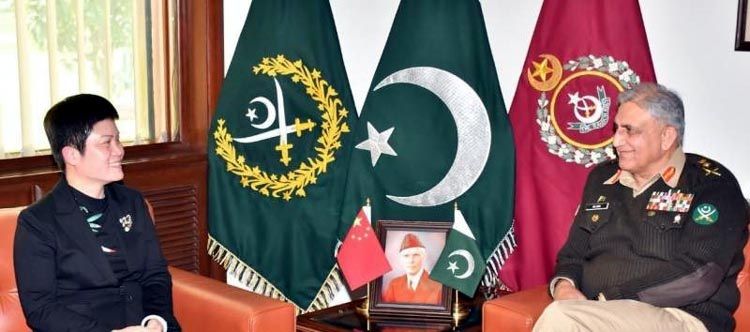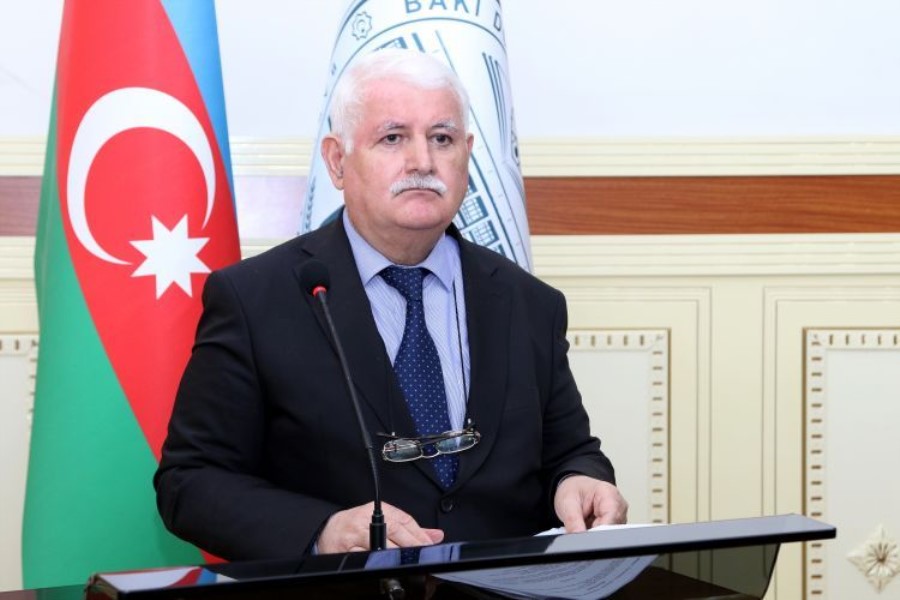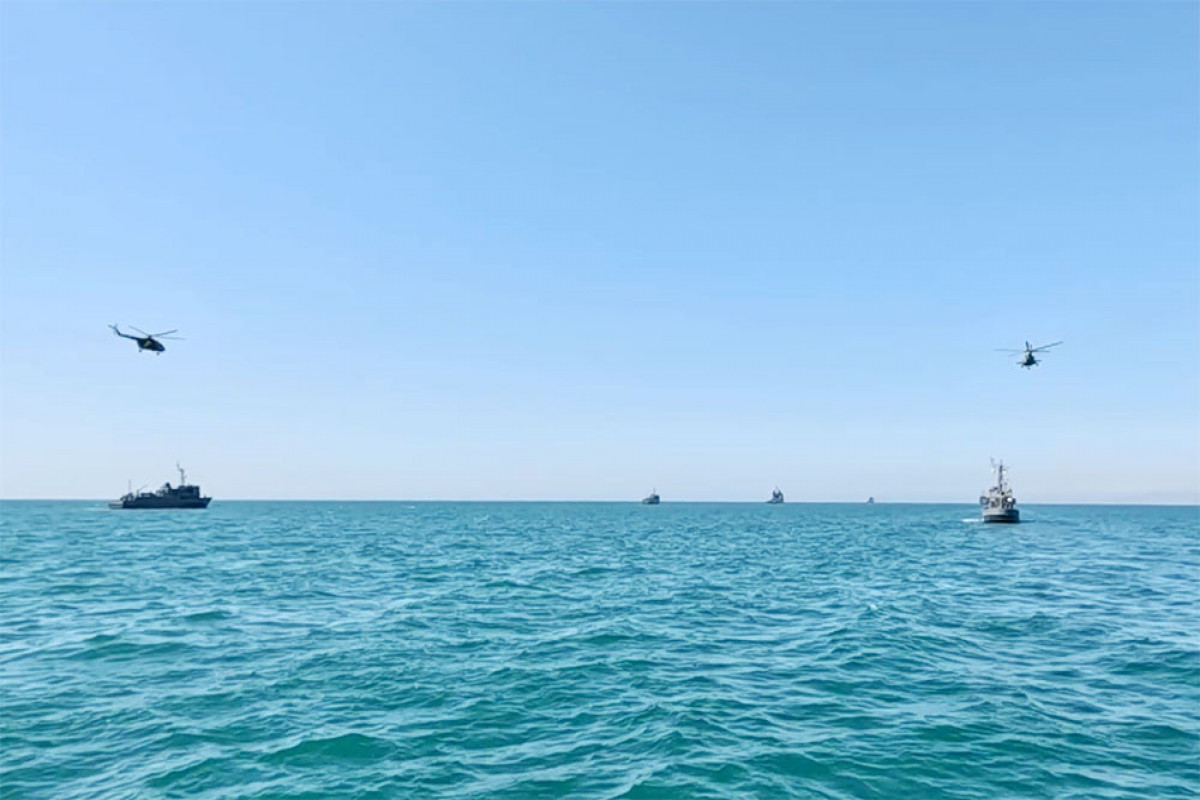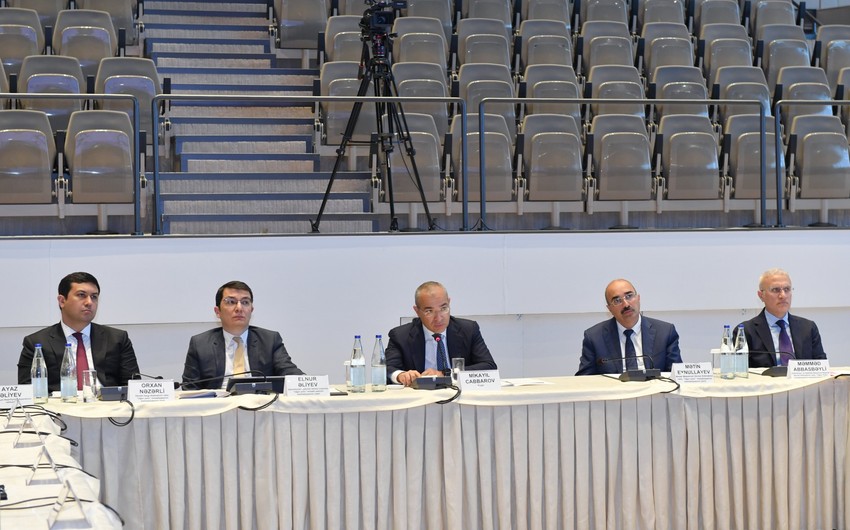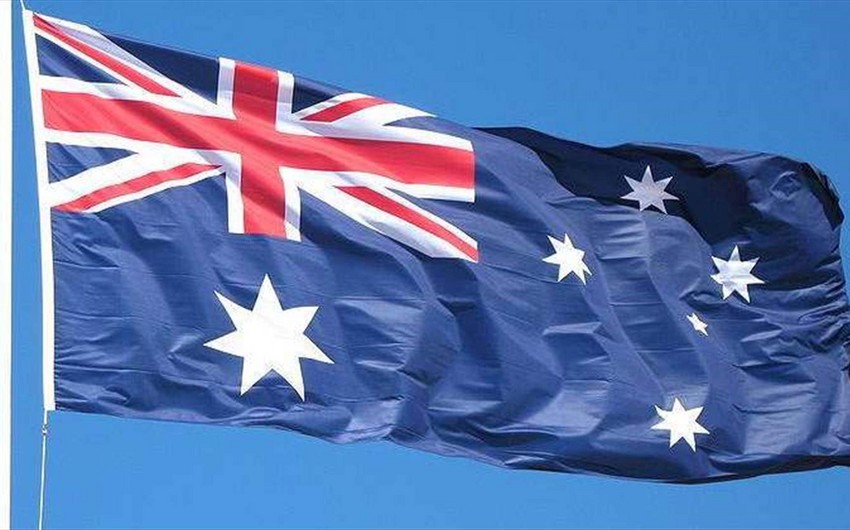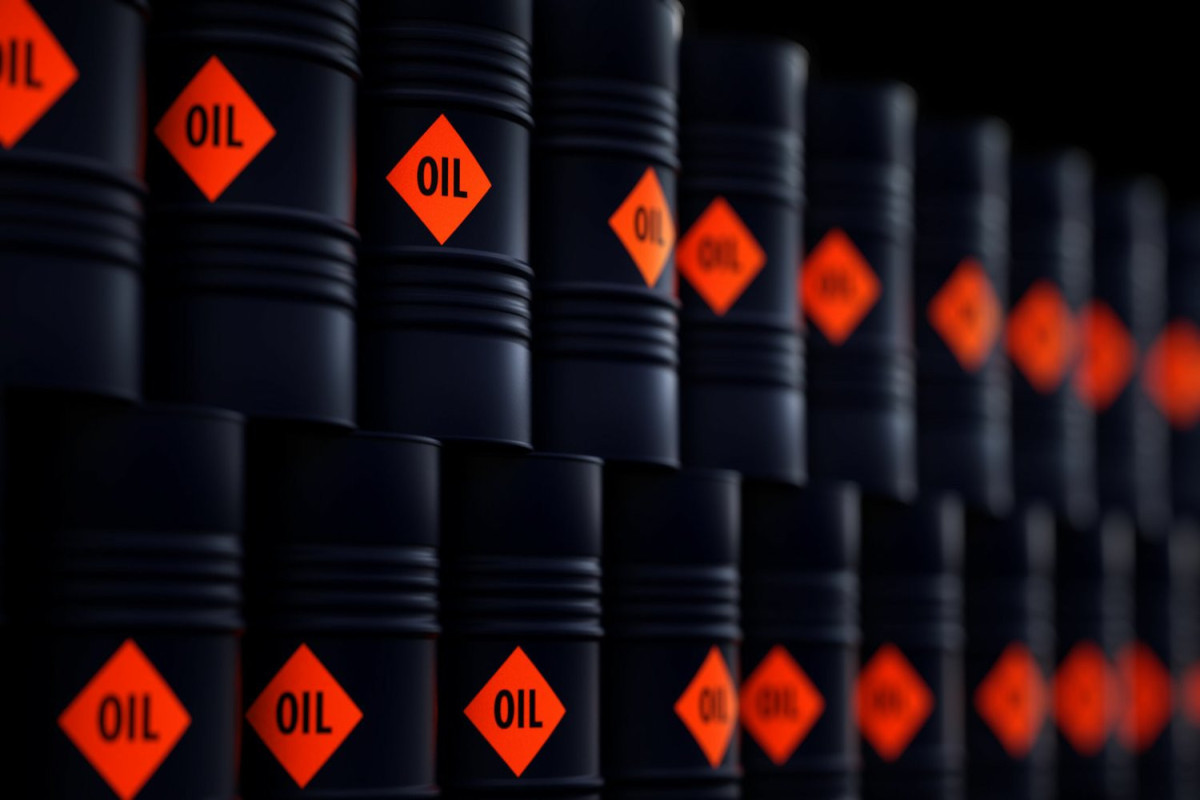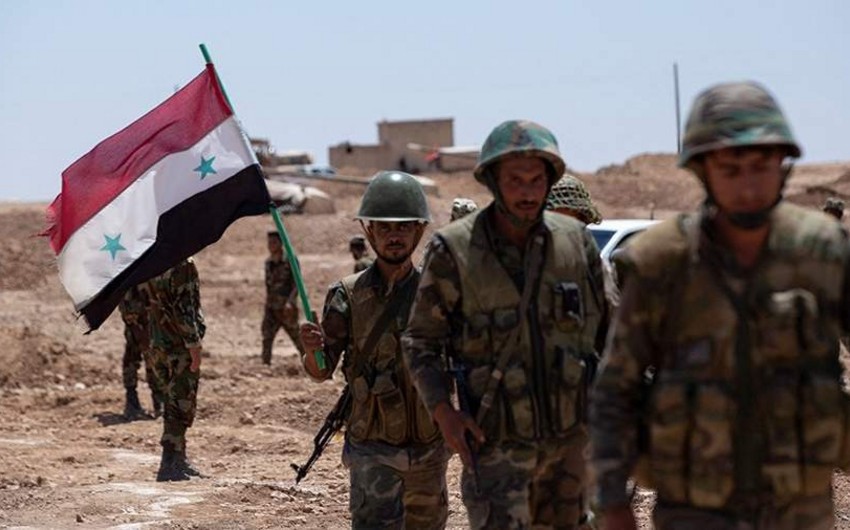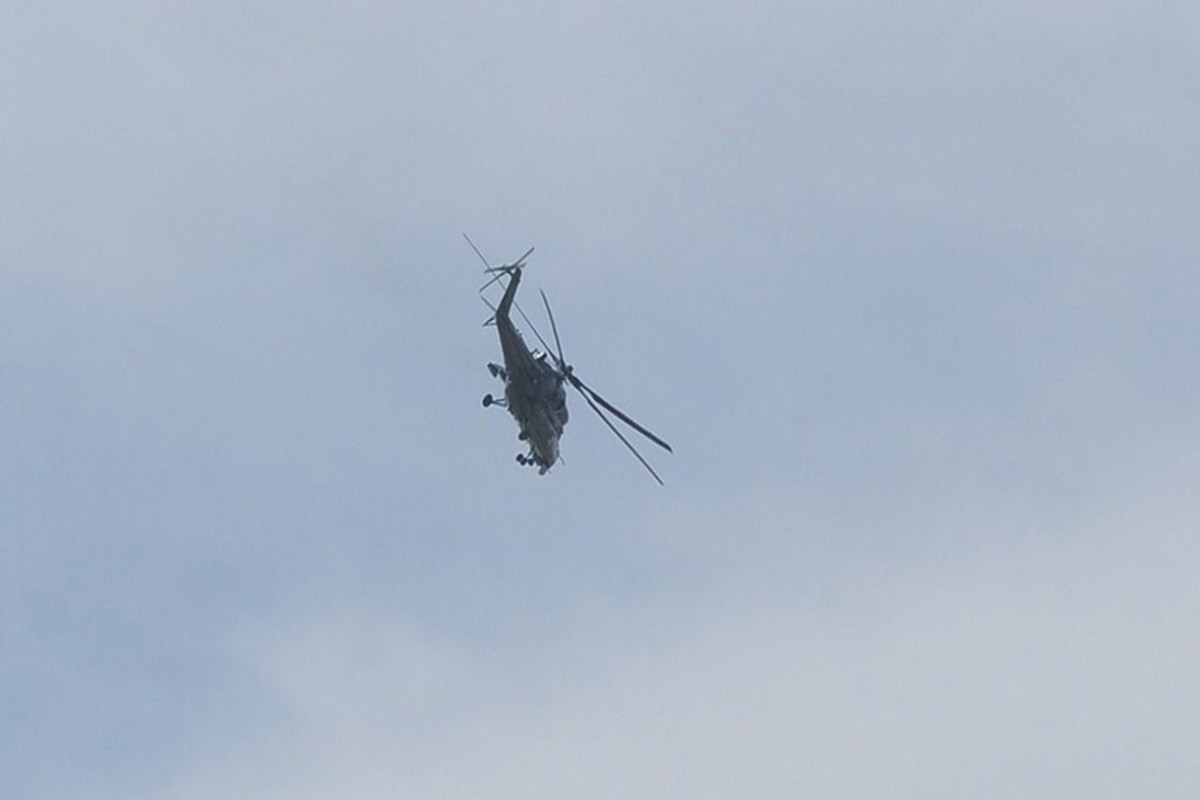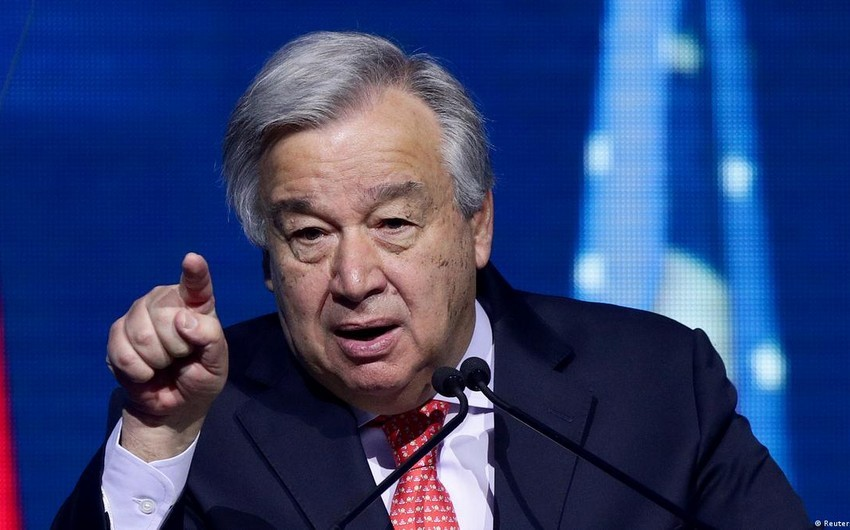Eurasia Diary presents an article titled "CPEC Phase-II & New Architecture of Regional Security" published in National Herald Tribune.
Article was written by Dr Mehmood Ul Hasan Khan, expert on regional and geopolitical studies.
Seemingly, new world and new architecture of security is on the making. The EU imminent accession and ultimate inclusion of Ukraine in European Union, the US, UK, Australia, India and Japan sailing towards expected Asia NATO after already formed QUAD & AUKUS, further containment of China through misadventure postings in Taiwan, South Sea and last but not least, the consolidation of the EU Global Gateway and the US led Build Back Better World (so-called replicas of Chinese BRI) all strongly urge initiation of CPEC Phase-II in the country so that emerging socio-economic, geopolitical and geostrategic threats may be tackled jointly.
The new government of Pakistan is striving hard to start China Pakistan Economic Corridor (CPEC) phase-II as soon as possible in the country. But unfortunately, the Western media and its sponsored puppets in the country are purposefully disseminating false and fake propaganda about so-called widening trust deficit between the political and military leadership in Islamabad on the issue of CPEC.
It is completely untrue, fabricated and manipulated. Nevertheless, the follies of former government are still acting as wandering soul in the development of CPEC which somehow was remained slow and sluggish.
Contrary to ongoing planned 5th generation hybrid war against Pakistan and its armed forces, the political and military leadership in Islamabad is fully abreast of evolving geopolitics in Asia Pacific and beyond. Both consider the CPEC as an economic game changer for both sides. Both term the CPEC as strategic balancing act in greater regional stability through not hegemonic designs but harmonious socio-economic integration, not horrendous crimes but hopes of immense prosperity and last but not least not protectionism but through collective progressiveness. Thus immediate start of the CPEC Phase-II is the need of hour.
It is high time that Pakistan and Chinese leadership should pay special attention to promoting CPEC as socio-economic catalyst and game changer through forming corridor of knowledge in which The Center for South Asia & International Studies (CSAIS) would play an important role because it blesses with human will/capital, wisdom and vision, for projecting the soft image and national narratives of CPEC and of course both countries being custodian of socio-economic prosperity and guarantor of regional peace and stability.
The “Bajwa Doctrine” emphasizes the importance of restoring peace by putting down various insurgencies, reviving economic growth and following holistic policies to reduce poverty and unemployment in the country and beyond. In this connection, the redefined, redrafted and rephrased version of Bajwa Doctrine “paradigm shift from geo-politics to geo-economy” has further strengthened the strategic role and utility of CPEC in the country which stands for greater regional connectivity and greater socio-economic integration with Central Asia and beyond.
Even stalemate foreign policy of Pakistan has new imputes for greater regional connectivity and diversification. Now Pakistan’s foreign policy is undergoing a major shift towards East after six decades of uneven relationships and military cooperation with Washington. In this context, China and Pakistan profoundly desire regional stability.
It is true in the context of Afghanistan, Central Asia, South East Asia and Middle East. The ongoing Chinese supported peace talks on Afghanistan demonstrate high level of resolve of both countries. Undoubtedly, the sincere efforts of armed forces of Pakistan to fight against enemies of peace and stability are commendable.
It seems that the CPEC is a crucial part in “China’s String of Pearls Policy (CSPP)”. The CPEC is a balancing act in the region which is economic development centric. In this regard, Pakistan’s ports and Chinese CSPP have direct correlation linking the South China Sea, South Pacific Ocean and the Indian Ocean. Thus further development and complete functionality of Gwadar seaport is the need of hour.
The growing strategic partnership between the United States and India are potential threats to regional countries. Thus CPEC may also be useful to protect vested interests of both the countries in deep waters of Indo-Pacific region in the days to come.
Truly, ongoing Russia-Ukraine conflict has once again highlighted the importance of food & energy security in the world. That is why Beijing fears that during an international security crisis ships carrying energy resources could be interdicted by hostile naval forces i.e. US Navy or Indian Navy. A disruption of these products could easily derail the economic growth on which the Chinese government pursues its great power ambitions. So, complete operationalization of Gwadar seaport has serious strategic orientations.
Gwadar is the lynchpin of CPEC. Geographically, it is close to the international maritime energy chokepoint, the Strait of Hormuz. Nearly 30 percent of the world’s seaborne oil shipments pass through this 21 miles wide waterway. More than world oil supply of 90.1 million barrels per day, 17 million barrels per day of oil shipments passed through the Strait of Hormuz during 2017-2018.
Hopefully, Gwadar port will be used for transshipment, embarking and disembarking cargo to and from China, Pakistan, Africa, Middle East, Central Asia and Europe. Pakistan’s Army Chief, during a visit to Balochistan the under construction roads at Balochistan in July 2015 termed Gwadar seaport as lifeline to blue economy of Pakistan in which CPEC would play an important role. The Frontier Works Organisation (FWO) is working at five locations to provide road link to the port, and has already completed nearly 502 kilometres of the 870 kilometres roads.
Gwadar seaport has multidimensional socio-economic, geopolitical and geostrategic befitting propositions and benefits for both the countries. It is estimated that once completed, the 3000 KM
long corridor will act as the central gateway for trade between China, the Middle East, Africa, Afghanistan and Central Asia.
Moreover, China’s increasing energy imports from the Middle East could be offloaded at Gwadar and transported through Balochistan in Pakistan. It will further reduce the distance for the Chinese trade; the corridor will facilitate the development of underdeveloped areas too.
The construction of a deep sea port at Gwadar, road links, industrial parks, power projects, the rail links and fiber optics running all along the length from Balochistan to Xinjiang shall be a big economic stimulus for both regions.
Furthermore, Gwadar port and its associated facilities can provide Pakistan with estimated annual revenue of US $40 billion, besides generating two million jobs. The CPEC through Gwadar will give China shortest access to the Middle East and Africa, where thousands of Chinese firms, employing tens of thousands of Chinese workers, are involved in development work. The corridor also promises to open up remote, landlocked Xinjiang and create incentives for both state and private enterprises to expand economic activity and create jobs in this underdeveloped region.
The recent strides in Pak-Sino relationship, especially regarding holistic concept of CPEC, speak volumes about the constructive engagement between two sides. There is no doubt that actualisation of this concept will see both the countries progressing even further and maximizing the dividend of geostrategic relations as well as time tested friendship.
To conclude, CPEC Phase-II has multiplier effects. It is logical answer to the United States’ Asia pivot and its growing support for New Delhi precisely through greater regional connectivity and immense socio-economic integration.
It fears that Indian Ocean will be a crucial battleground for the contest between opposing strategic partnerships, with the US and India on one side and China and Pakistan on the other. Sitting astride the all-important Strait of Hormuz, the Gwadar seaport underpins CPEC. It seems that the United States Navy (USN), Indian Navy (IN), Peoples Liberation Army (PLA) Navy and Pakistan Navy (PN) will have vital roles to play in the unraveling maritime security environment in the region. Thus Gwdar seaport completion is the need of hour.
It estimates that completion of Gwadar will easily connect the oil and gas fields of the Middle East to the mega-cities of East Asia. Its coastline is becoming a crucial staging post for China’s peaceful naval power, extending its reach from the Indian Ocean to the Persian Gulf and the Mediterranean Sea.
The CPEC projects have been ensured by the Special Security Division (SSD) of Pak Army. Pakistan Army fully cognizant of the challenges has left no stone unturned to provide protection to this project of vital national importance.
Due to the diverse nature of threats to CPEC, Pakistan Army has raised SSD, dedicated primarily to the security of Chinese working on CPEC projects. The SSD has been raised and operationalized in a record time of less than two years and has taken over all the running projects of the CPEC. Due to raising and operationalization of SSD, Chinese government as well as CPEC management has gained confidence and assurance about security of Chinese working in Pakistan. The government has deployed 15,000 military personnel, as part of the Special Security Division (SSD) and Maritime Security Force (MSF), to protect projects under the umbrella of the CPEC.
Both forces work under the interior ministry, in coordination with the provinces, to ensure the safety of locals and foreigners working on CPEC projects.
Moreover, the SSD is a force that will provide security to 34 CPEC related projects, while the MSF will safeguard the Gwadar port and other coastal areas of the country. The SSD had been deployed in six zones from Gwadar to Gilgit-Baltistan, including all four provinces and Azad Jammu & Kashmir (AJK).
In addition, the SSD will also patrol different areas of the corridor, especially where road-building projects are under way.
Unfortunately, wild chase power psych has put even national economy on flames which are now burning hopes of bright future and socio-economic prosperity in the country. Constant mud-slugging and blame game syndrome have become one of the biggest threats to national economic stability.
Notwithstanding, in this doom and gloom the CPEC can play a key role as a ‘game changer’ for the national economy, especially for the development and prosperity of Balochistan. CPEC promises to open up new vistas of socio-economic development and employment opportunities for the people of Balochistan.
The CPEC project will contribute to the development of the whole province and address various economic and social problems there. Hopefully, Gwadar will be transformed into an economic hub after the completion of several projects under CPEC. Other cities like Qalat, Quetta and Zhob will also become more vibrant with the completion of the planned road network which will give a boost to economic activities and other development projects under CPEC.
Balochistan has now become center of mega projects of CPEC. In this regard, various road and transport, energy, education and training, industrial and other socio-economic projects are also being carried out under CPEC.
Energy projects include a 320MW China Hub Coal Power Project, and 300MW Coal-Fired Power Project at Gwadar. Likewise, connectivity projects encompass the 19km four-lanes East Bay Expressway Gwadar which is near completion, linking the Makran Coastal Highway N-10 to the Gwadar Port. Those under construction are Zhob-Quetta, Kuchlak (N-50), Khuzdar-Basima Road (N-30), Hoshab-Awaran Road Section (M-8), Nokundi-Mashkhel Road,Awaran-Khuzdar Road Section (M-8), up-gradation of DI Khan (Yarik)- Zhob, N-50 Phase-I, Mashkhel-Panjgur Road and Quetta Mass Transit.
Upgradation and development of fishing, boat-making and maintenance services to protect and promote livelihoods of the local population is being carried out under the Gwadar Livelihood Project. As a matter of fact, CPEC will affect the province economically, commercially as well as geographically. Ultimately, high levels of poverty, unemployment, energy & food security and last but not least, water shortage will be diminished in Balochistan.
The incumbent Prime Minister Shehbaz Sharif in his maiden speech in the National Assembly had said that his government would speed up the construction of CPEC. He termed it an ambitious blueprint to transform Pakistan into a major emerging economy.
It forecasts that CPEC would not only help and benefit Pakistan and China but the whole region, including Afghanistan, Iran, India, and the Central Asian Republics. Road, rail, and air linkages will lead to a win-win proposition and economic model for all and is considered a real hope for a better future with growth and development of the economy.
It is high time that Pakistan and Chinese leadership should pay special attention to promoting CPEC as socio-economic catalyst and game changer through forming corridor of knowledge in which The Center for South Asia & International Studies (CSAIS) would play an important role because it blesses with human will/capital, wisdom and vision, for projecting the soft image and national narratives of CPEC and of course both countries being custodian of socio-economic prosperity and guarantor of regional peace and stability.
There is an urgent need to showcase Chinese President Global Development Initiative in the country because it is directly attached to global Sustainable Development Goals (SDGs), shared prosperity and community development.

